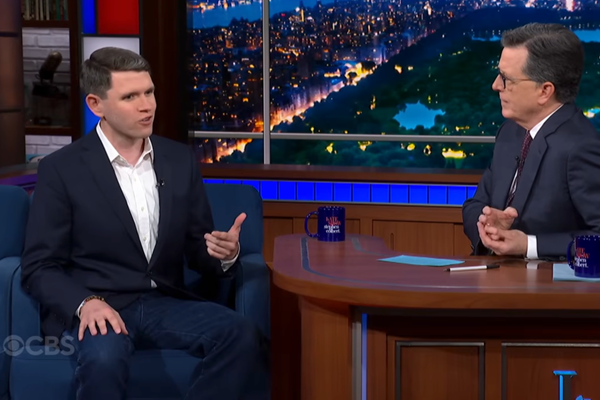Manufacturing Consent in an Occupied Washington
How U.S. news media are failing to speak truth to Trumpism
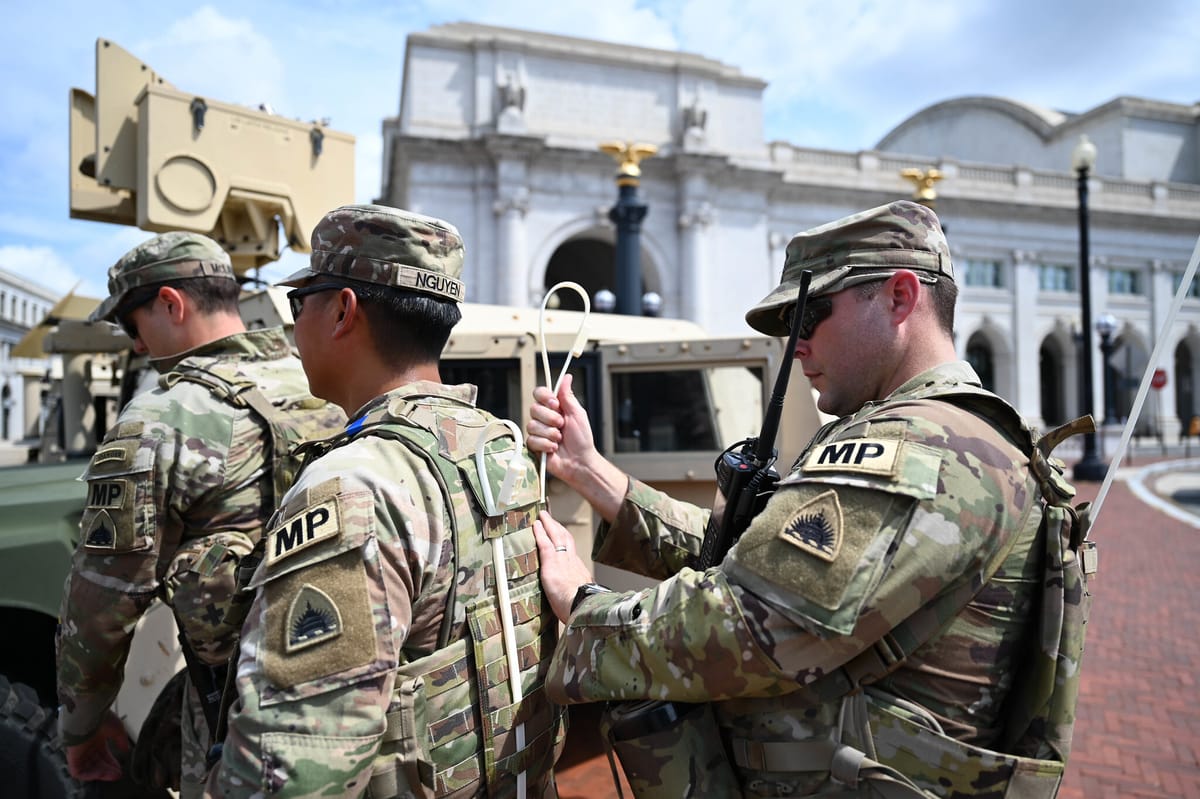
Many in America’s right-wing news media were riding shotgun this week as National Guard troops rolled into Washington, determined to provide cover for the Trump administration’s claim that military intervention is a correct response to — in Trump’s words — the “out of control” crime rate in the nation’s capital.
On Wednesday, Jan Jeffcoat, an anchor for Sinclair Broadcast Group’s “National News Desk,” led the morning news with a segment that toed the White House line.
In a report on “the violent crime crisis plaguing the nation’s capital,” Jeffcoat amplified an unproven claim that members of the D.C. press corps were privately expressing relief about Trump’s military incursion. As evidence, she and her team offered a secondhand report that one unnamed “liberal” resident feared for his personal safety whenever he ventured out to visit an ATM.
There was zero original sourcing on the story’s central claim, and yet it led off Sinclair’s nationally syndicated news program — offered to the company’s 185 owned-and-operated local-television stations nationwide. This lead section was bolstered by a subsequent News Desk stream of man-on-the-street reports that deceptively painted capital crime as much worse than what the actual statistics show.
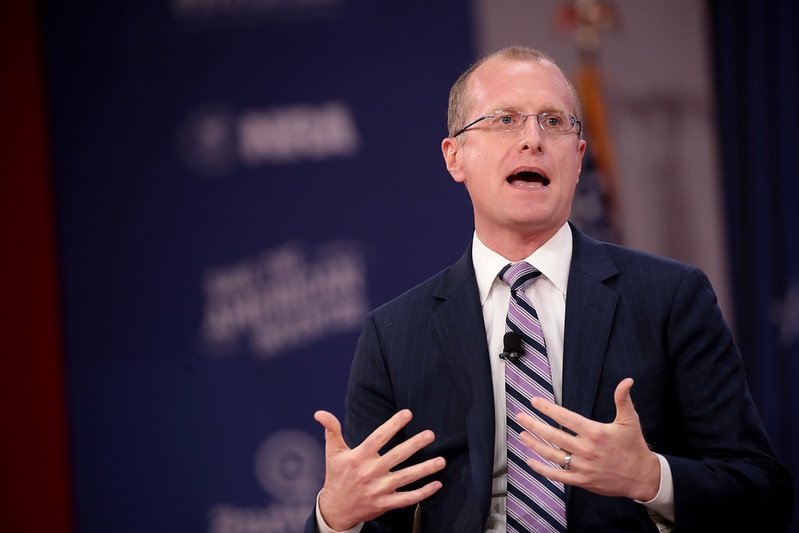
(Those statistics, by the way: Department of Justice data show violent crime in the district is down 35 percent since 2023 — reaching its lowest rate in three decades.)
MAGA optics vs. reality
As with all things MAGA, optics trump reality. And Sinclair’s National News Desk focused on airing grainy social-media clips that allegedly show “violent gangs and bloodthirsty criminals” (to quote Trump) and “roving mobs of wild youth” (Trump again) terrorizing law-abiding D.C. residents.
Elsewhere, right-wing influencer Benny Johnson aired his Tuesday podcast live from the White House, where he conducted a softball interview with recently appointed U.S. Attorney Jeanine Pirro.
Johnson told his show’s 12 million subscribers that Trump’s military intervention was “one of the most important moments in American history,” comparing the president’s alleged crime-fighting skills to those of Batman, and asserting that he would restore order to D.C.’s “lawless hellscape.”
Pirro, a conspiracy theorist who previously served as a Fox News host, is no stranger to such distortion. “No matter how you look at it, whether you think crime is up or down, doesn’t really matter,” she told Johnson. “We’re going to do everything we can to make sure that we have jurisdiction over the young punks who are roaming these streets and literally beating people to a pulp.”
Propaganda in action
“Indeed, some of the coverage around D.C. this week is a textbook example of propaganda in action,” Oliver Darcy of Status wrote on Wednesday. “By presenting a greatly exaggerated problem as an urgent truth, MAGA Media isn’t just misleading its viewers. It’s manufacturing consent for one of the most extraordinary federal power grabs in modern American history.”
Darcy writes that Trump’s authoritarian tactics — far more than his over-inflated concerns about crime — are “what should actually alarm the public.”
In the United States, it’s the press’ duty to sound this alarm. And many journalists have gone the extra yard to report out data on the capital’s falling crime rate. But the fact that crime is trending downward both in D.C. and nationally has failed to shake the GOP faithful from the deceitful claim that a military response is warranted.
This problem isn’t limited to right-wing outlets: It reflects a larger structural failure across major media companies when it comes to accurately and aggressively reporting on those in power. Of course, we should be concerned about the rise of authoritarianism in the United States. But these concerns become even more dire when major U.S. media companies are incapable of drawing parallels between Trump’s extremism and that of dangerous dictators throughout time and around the world.
Rabbit holes and slippery slopes
It’s perhaps too easy to point a finger of blame at MAGA-media mouthpieces like Sinclair Broadcasting for normalizing Trump’s authoritarian excesses. But it’s not just right-wing outlets that are failing in their watchdog role. There’s something darker lurking behind the widespread media tendency to mouth the official view.
As I revealed recently in Free Press’ Media Capitulation Index, the most prominent and wealthy U.S. media companies have become so deeply entangled with government interests — and so dependent on government approval of mergers and other transactions — that they’re systemically incapable of speaking truth to power and holding abusive leaders to account.
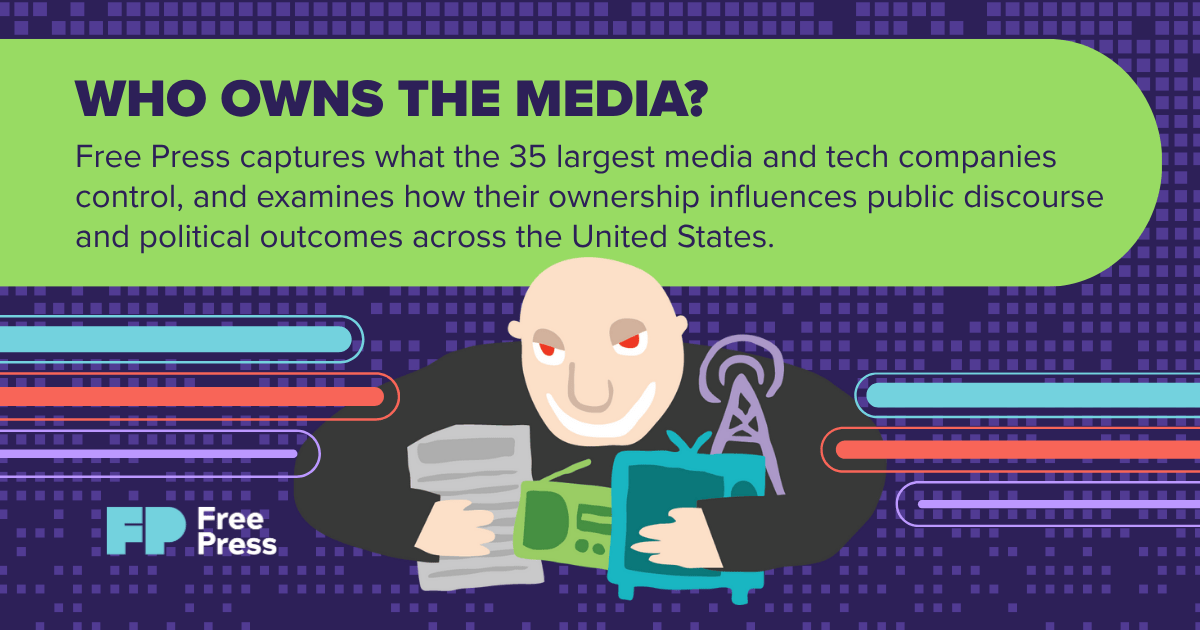
As Trump makes his case for an authoritarian-minded, military-driven takeover of local law enforcement, too few outlets are willing to acknowledge how our democracy would suffer should he succeed in militarizing policing in the capital and other large U.S. cities (see: Los Angeles).
This media capitulation takes many forms. At its worst, it manifests as self-censorship. Under billionaire owner Patrick Soon-Shiong, the Los Angeles Times spiked publication of a series of articles tentatively titled “The Case Against Trump.” Jeff Bezos’ Washington Post blocked the publication of Post editorial cartoons and commentary that criticized him for cozying up to the administration.
But it’s also evident in how the media have refrained from fact checking official sources. Just prior to Trump’s inauguration, Mark Zuckerberg’s Meta abandoned professional third-party content moderators and fact checkers in favor of the user-generated — and frequently false — “Community Notes” model that Elon Musk uses on X. Less than a month after the inauguration, the broadcast conglomerate TEGNA laid off its entire national fact-checking team.
(For more on TEGNA’s entanglements with the Trump FCC, read Craig Aaron’s Pressing Issues piece from earlier this week.)
And it’s not just the lack of fact checking that’s helped clear a path to Trumpism. Researchers at UC Davis found that Google-owned YouTube deploys engagement algorithms that push users toward more extremist political views and conspiracy theories, leading people down “rabbit holes of radicalization,” said one of the study’s co-authors.
A dangerous compact with power
Media capitulation is a slippery slope. Once influential outlets compromise their editorial independence — once they step across the line into compliance — the temptation to cave further to official pressure grows even stronger.
The editorial slide toward state propaganda becomes inevitable when a media owner’s interests align fully with those of a power-hungry regime.
Our media system too often cements in place the dominance of compliant media over more local and independent outlets. The resulting wealth has billionaire owners striking a dangerous compact with political leadership: In their thinking, it’s far better to play along with an anti-democratic administration than it is to risk their wealth and status by speaking out.
Lost in the equation are the people the media are intended to inform and serve.
What’s unfolding this week on the streets of Washington, D.C., follows a pattern we’ve witnessed in other failing democracies. Our nation’s news media need to do better by their readers, listeners and viewers to accurately report on the real threat in D.C. — Trump’s authoritarianism — before it spreads to other American cities.
Open tabs
On Tuesday, I appeared alongside my Free Press colleague Nora Benavidez on Mike Masnick’s Techdirt podcast. We discussed the findings of the Media Capitulation Index and the need for a national debate about the meaning and importance of the First Amendment in the age of media conglomerates and digital platforms. Give it a listen.

Also read Micah Sifry’s good work at “The Connector,” where he’s helping expose the big-money scam behind those deceptive political fundraising pitches that clog up email inboxes and texts every election season. Micah has the dirt.
Check out Tess Owen’s report revealing the Department of Homeland Security’s disturbing use of popular social-media memes and music to normalize white-nationalist narratives. The prevailing theory is that authoritarianism can’t be so bad if you can hum along to it. Read about it at Wired.

Our first three weeks
This is the end of our third week here at Pressing Issues, and we hope you are enjoying what we publish every Tuesday and Friday. If you are a subscriber, thank you! Help us spread the word by sharing this sign-up link. And if you found us via the web or if a friend shared this with you, join our growing community.
Happy birthday, Free Press!
This week, Free Press turned 22 years old! Help us celebrate by making a birthday donation in honor of this milestone. Your support of Free Press helps us create Pressing Issues every week.
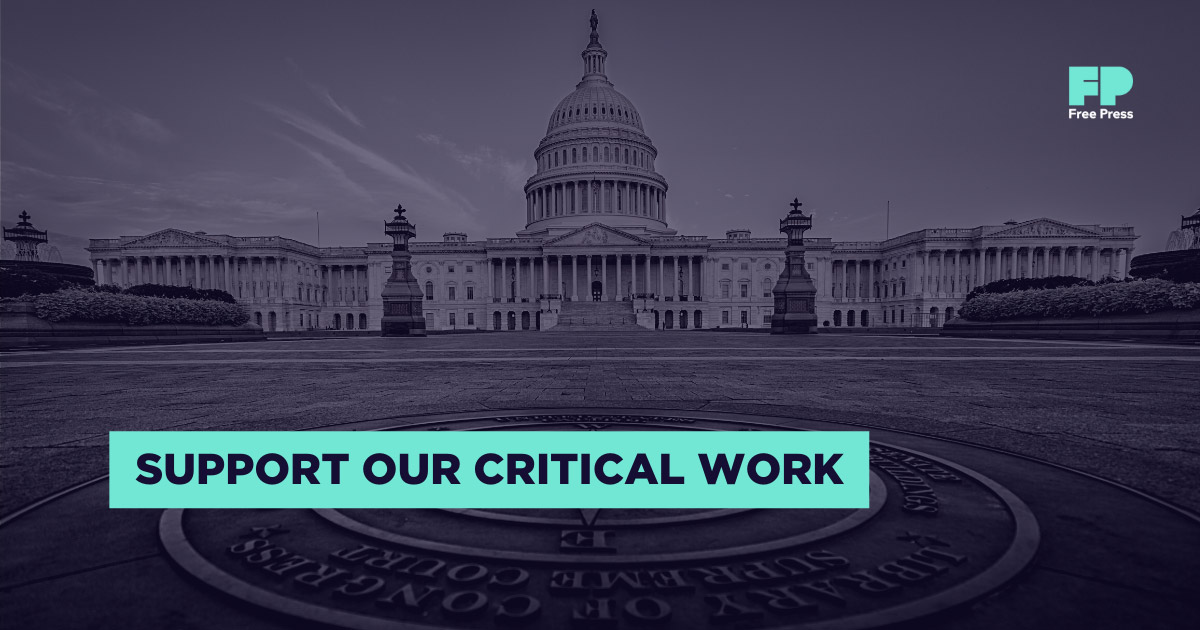
The kicker
“The key difference is that Mussolini and Hitler came to power by essentially building parties first. Trump has used the media to take over an existing state apparatus. Whether he’s able to do what he wants or not, whether he’s competent or not, and whether institutions will resist him, that’s an open question.” — Professor Fred Turner, Stanford University
About the author
Timothy Karr is the senior director of strategy and communications at Free Press. He’s worked as a photojournalist, foreign correspondent and editor for major news outlets. His commentary on the media has appeared in dozens of magazines and newspapers worldwide. Follow him on Bluesky.
